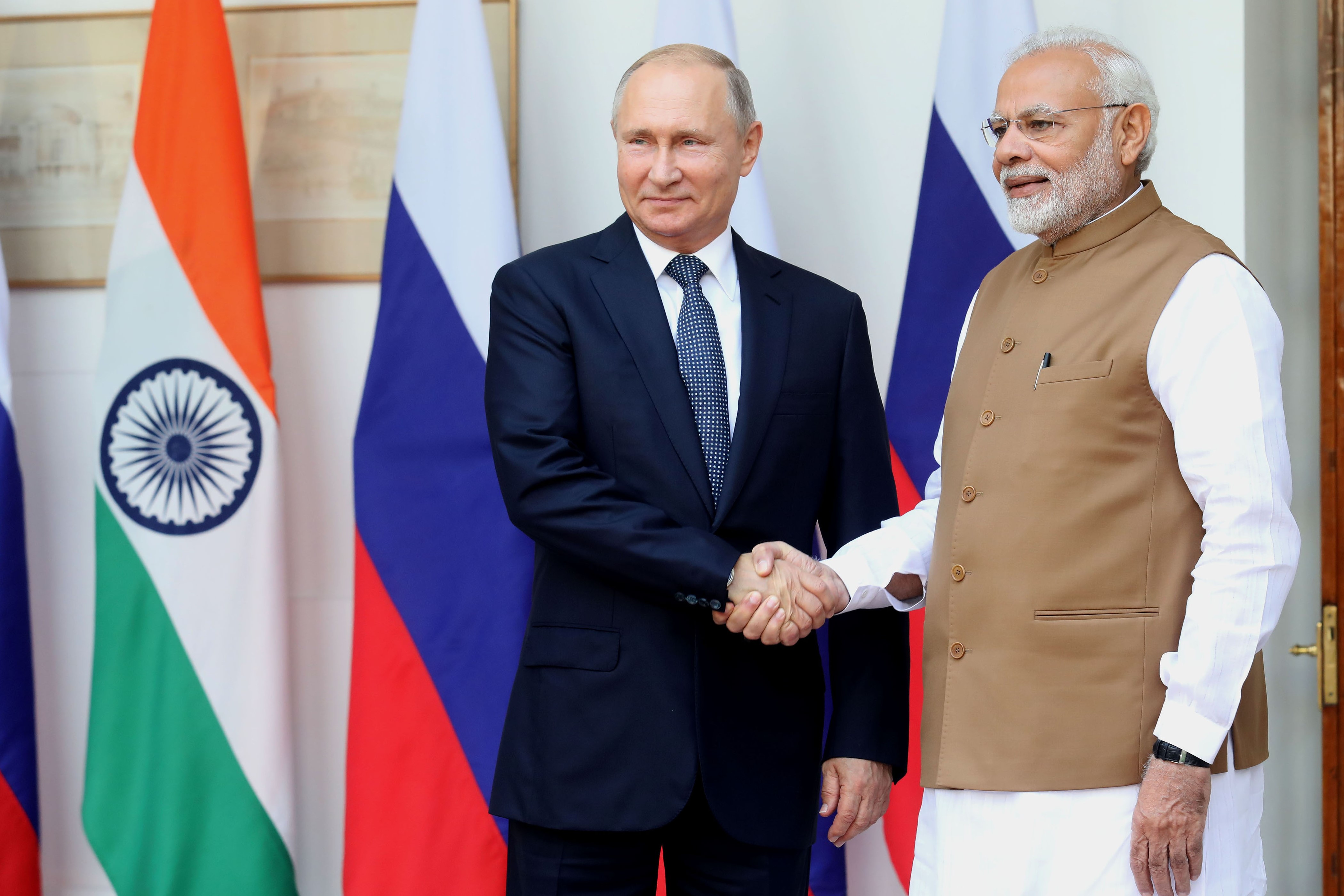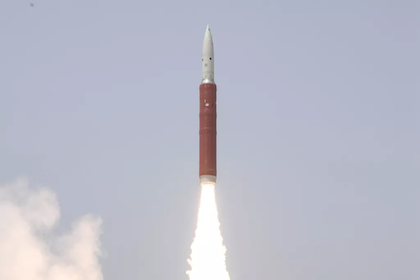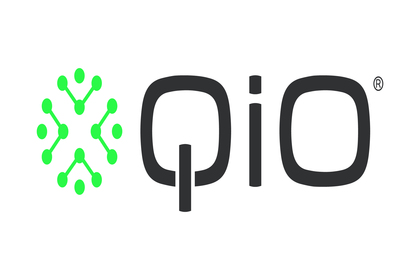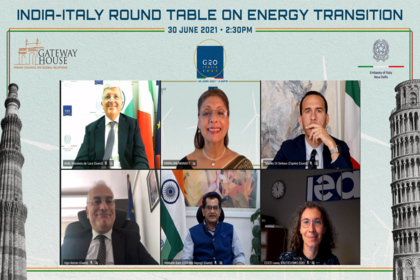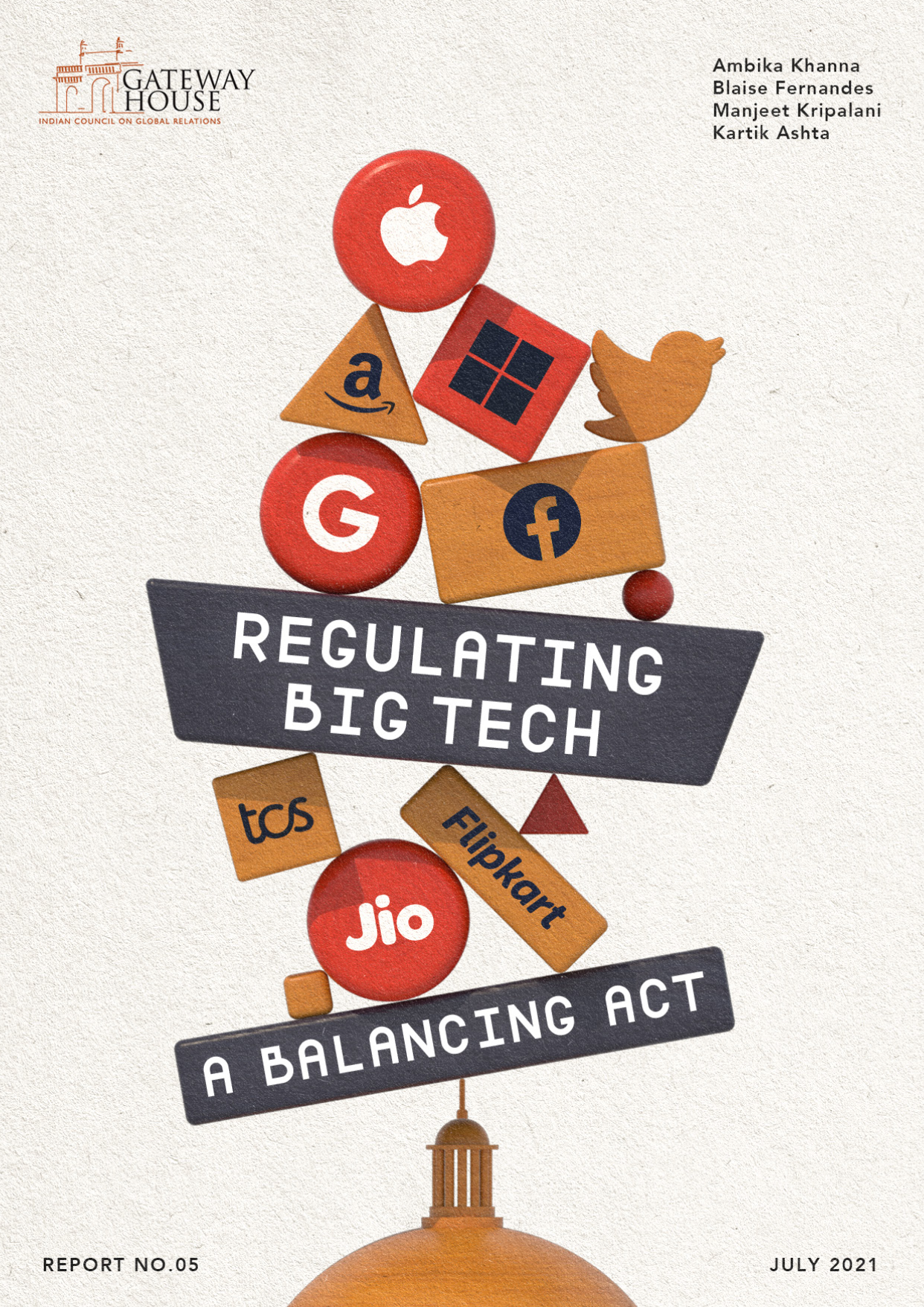In June this year, the Japan Aerospace Exploration Agency collaborated with Honda Research to build an energy system for surface mobility on the moon. SpaceX and Mitsubishi Heavy Industries, Tesla and Mitsubishi Motors have similar alliances, reflecting the increased participation of the automotive sector in the space economy. Tokyo wants its biggest export, automobiles, to pick up stakes in this space. India should have a similar ambition. The May 2020 space reforms recognise the significance of commercialising the space sector. But now is the time for long-term R&D investments in the domestic auto sector, to help India step into this play.

